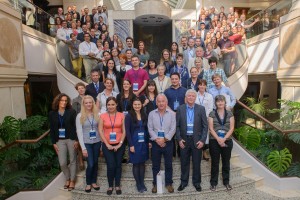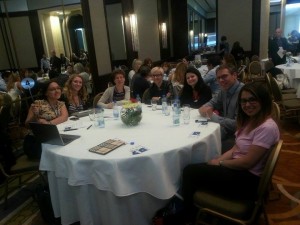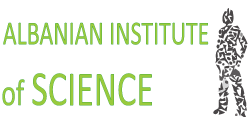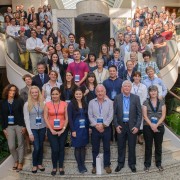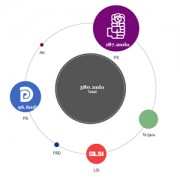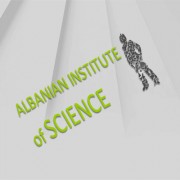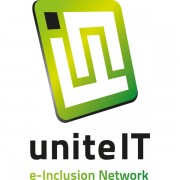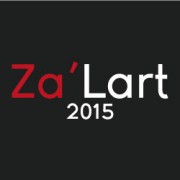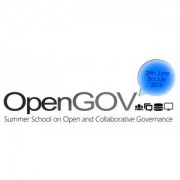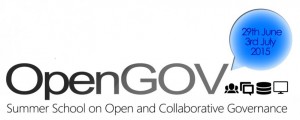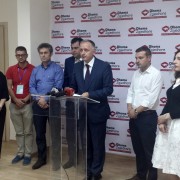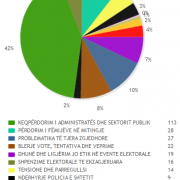The Electoral Room has been monitoring the electoral process through its members, the Coalition for Free and Fair Elections and the Albanian Institute for Political Studies, and shall continue to monitor the ballot counting process. It has cooperated with the citizens through the online portal ZALART.al to ensure a due electoral process.
The fact that hundreds of citizens all over Albania have responded to the appeal for reporting every violation they encounter to the zalart.al portal is good news and shows the citizens’ commitment to free and fair elections.
The voting process was generally conducted among a normal situation of public law and order. The performance of the State Police is considered to have been in compliance with the electoral law.
We also appreciate the very important role being played by the media through a minute-after-minute coverage of the electoral situation all over the country.
While limited when compared with previous elections, the public appearances of the political parties on the voting day have broken the electoral silence. In addition, there have been cases of candidates, Members of Parliament and other political representatives seen in the voting centers and in their vicinity in contradiction with the law. It was also observed that the Voting Centre Commissions have not taken any measures to make sure that there is no propaganda materials posted within a distance of 150 meters from the Voting Centers, as the law requires. Such cases were reported from several cities.
Due to delays in the distribution of the electoral materials and the absence of commissioners, the opening of the voting process was delayed in some Voting Centers, or was done without all the members of the commissions being present.
In some cases, it was also observed that people with disabilities were not always provided with the necessary facilities required by the law for enabling them to freely exercise their right to vote.
In several cases, the inadequate professional training of the Voting Centre Commissioners has allowed for some voters to photograph their ballot papers and post them on the social networks. Such a behavior creates room for vote buying and selling, and for a distortion of the voters’ will.
In some Voting Centers in Durres, Kavaja, and Vora, there were attempts to stop voters from voting even though their names were on the voter lists.
So far, the Albanian voters have calmly expressed their will on the ballot boxes. The Members of the Electoral Room urge for every ballot to be counted correctly and for voters’ voice to be heard by the parties in the process.
The founding members of the Electoral Room:
Urge for a good administration of the ballot papers and electoral materials.
Urge the political parties to demonstrate their will for their commissioners to implement the electoral law on the counting, validation, and calculation of the electoral results.
Urge the electoral administration, and particularly the counting teams, to strictly meet the law requirements.
Reiterate their position that every observed violation of the law should be investigated by the law enforcement agencies.
The Electoral Room shall, through the Coalition for Free and Fair Elections continue to monitor the counting process step by step in all the 90 counting centers.
